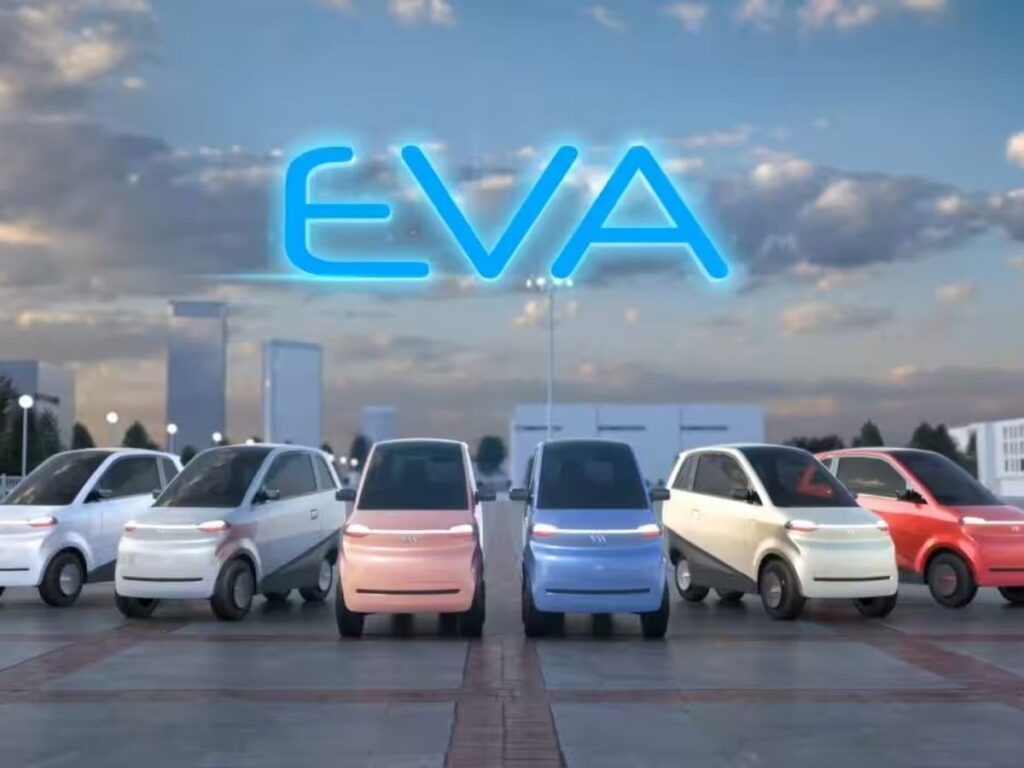Introduction:
The price range of electric vehicles depends on the battery size of the vehicle, the ability of the motors to power the vehicle and increase the range, the charging capability of the vehicle, and other additional features like infotainment or interior and exterior features.
The major factors that can affect the overall costs of owing an Electric Vehicles are:
1. Cost of Electric Vehicles Compared to Gas-Powered Vehicles.
Electric vehicles generally come with a higher price tag than gas-powered vehicles as per your choice of the make and model you want to drive.
However, few small and compact electric vehicles with acceptable range for city driving or small travels usually retail for a lower label price than many gas-powered SUVs or mid-size sedans.
Electric vehicles require less maintenance and no cost of periodic oil changes after every three to five thousand miles as required for gasoline-powered vehicles. However, the electric parts are more expensive to repair or replace in case of wear and tear and accidental damages, though the life of lithium-ion batteries is generally around 10 years. The wheel tires of an electric vehicle are of the same life as those of gas-powered vehicles.
Because of a unique structure and higher cost of repairs of an electric vehicle, the insurance premium cost is greater as compared to the gasoline- powered vehicles.

2.Costs of Powering an Electric Vehicles:
What makes Electric Vehicles so appealing to drivers beyond the eco-accommodating emanations is the capacity to control a vehicle exclusively on electric battery power. Electric vehicles run on the energy produced by an electric engine, which is estimated in kilowatts. Higher kilowatt yields equivalent to more ability to speed up and support the EV.
Like the idea of a gas-powered motor, the more power you feed your vehicle, the more speed and taking care of you get from the vehicle. Rather than searching for an all-the-more impressive motor filled by gas, EVs convey power in light of the vehicle’s battery limit in kilowatt-hours (kWh), which lets you know how much energy a vehicle stores in the battery pack.
3. Basic Charging Costs:
The expense of charging your EV in light of kilowatt-hours will likewise affect the general cost of an electric vehicle. The most costly charge comes from public quick charging stations, however assuming that you plan out your charging timetable to routinely re-energize at your home, you’ll bring about insignificant energy costs.
You can find out about the genuine expense of running an EV in light of the amount it expenses to re-energize the battery. For instance, utilizing a normal 120-volt power source (a similar one you’d use to connect your toaster oven) takes a normal of 40-50 hours to completely charge an electric battery at the most minimal power level. With the typical expense of power at 15 pennies for every kWh, you’re still just paying $7.50 max to charge your vehicle.
Most EVs offer a level 2 charging connector you can equip for your home. These regularly run 240 volts, diverting seriously charging capacity to the battery. Level 2 charges top off your battery power in a normal of 4-10 hours, bringing your costs down to $1.50 or less. Kilowatt-hour rates differ broadly by state, yet utilizing the public typically assists you with computing a good guess of how driving an EV puts on your electric tab.
4. Costs for Fast Charges:
As an EV driver, you are probably spending significantly less to control up as opposed to filling your vehicle. Yet, maneuvering into a quick charging station builds your energy costs.
That is because the advantageous quick charge costs more each kilowatt-hour, frequently twofold or more than the normal cost you would pay at home. For instance, EVgo, from one side of the country to the other, quick charging station, charges non-individuals 34 pennies for each kWh or 29 pennies for fundamental-level individuals in addition to expenses.
To try not to pay something else for a battery re-energize, plan to control up for the time being, saving quick charges for times when it is very important, like startling traffic or during a long excursion.
5. Conclusion:
The electric vehicles are the future of the road conveyance and transportation system. These alternative fuel vehicles are the demand of next generation for a sustainable growth and clean & green environment. Thus people should be come forward to think and adopt the new era vehicles and the electric vehicles are the best option in this way.
The electric vehicles are a little costlier as compared to the gas-powered vehicles but with the innovations and the upcoming developments, the EVs will be more compatible and cheaper with many government incentives and rebates, which are already offered in many states and countries.

